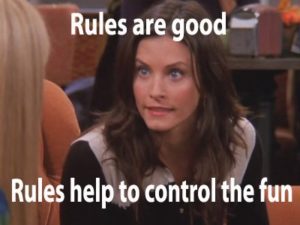This post is about the nitty gritty of running a group and the little details that can make all the difference. You’ll know best what will work for your group, this is just how we run ours:
Time:
We have 2 hours, broken up roughly as follows –
- 20 minutes to chat and get settled
- 1 hour of quiet writing time
- 30 minutes to read aloud and give feedback
Rules:
One of the things we stress is that it’s their club. When we started, we drew up a ‘group contract’, giving the kids the opportunity to say what they wanted from the group, including things like ‘you can sit where you like’ and ‘shoes need not be worn’. (They could also come up with their own group name.) Changes and issues are run past the group and agreed by them.
Over time the contract has boiled down to one rule, which is ‘It’s up to you what you write and whether you write, but you can’t disturb anyone else’s writing time’. Generally that’s the only rule we’ve needed. If someone doesn’t feel like writing that’s fine, we all have days like that. They can read, draw, do emergency homework. But they can’t disturb anyone else.

The rules apply to the adults too. We don’t use their meeting time to have a chat because that would distract the kids and I feel it’s also a bit disrespectful. We’re at their club, not in our classroom.




